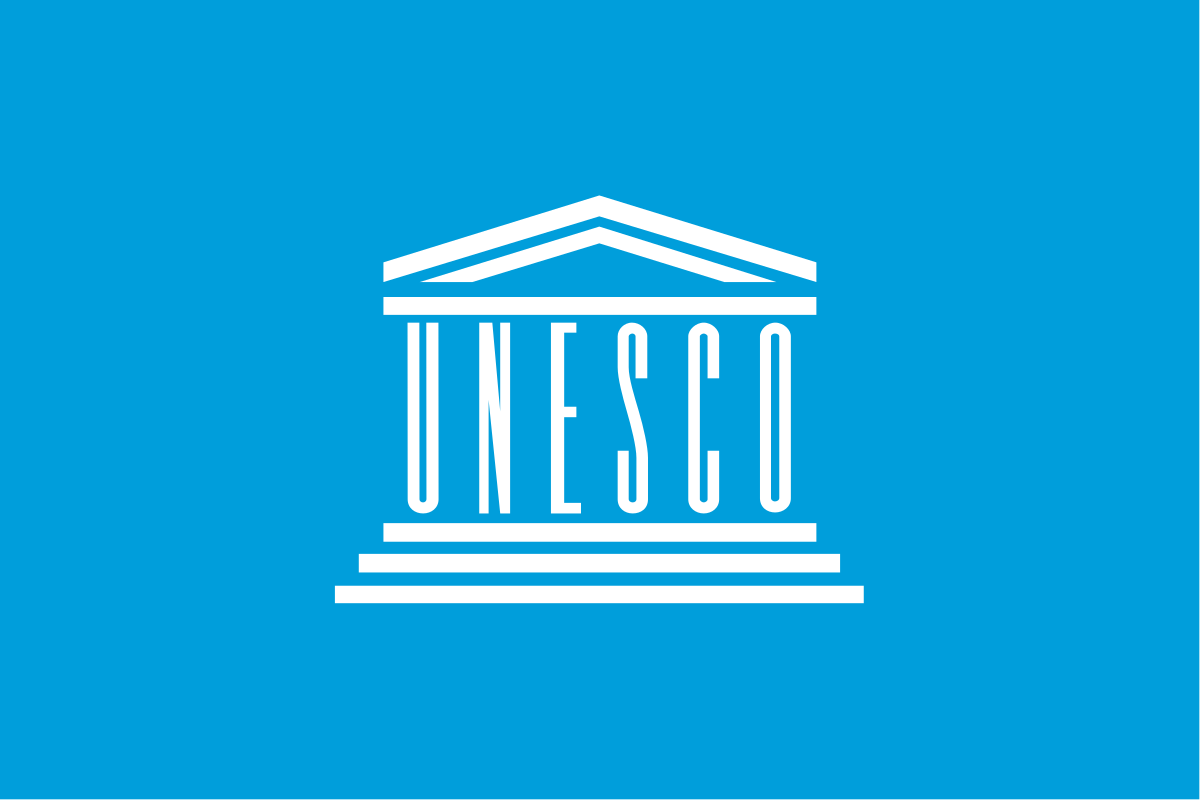Stamp: Dome of the Rock, Jerusalem (Abu Dhabi 1972)
Dome of the Rock, Jerusalem (Abu Dhabi 1972)
03 June (Abu Dhabi ) within release Dome of the Rock goes into circulation Stamp Dome of the Rock, Jerusalem face value 125 United Arab Emirates fils
| Stamp Dome of the Rock, Jerusalem in catalogues | |
|---|---|
| Michel: | Mi:AB 83 |
| Stamp Number: | Sn:AB 83 |
| Yvert et Tellier: | Yt:AB 79 |
Stamp is vertical format.
Also in the issue Dome of the Rock:
- Stamp - Dome of the Rock, Jerusalem face value 35;
- Stamp - Dome of the Rock, Jerusalem face value 60;
- Stamp - Dome of the Rock, Jerusalem face value 125;
Stamp Dome of the Rock, Jerusalem it reflects the thematic directions:
Religion is any cultural system of designated behaviors and practices, world views, texts, sanctified places, ethics, or organizations, that relate humanity to the supernatural or transcendental. Religions relate humanity to what anthropologist Clifford Geertz has referred to as a cosmic "order of existence". Different religions may or may not contain various elements ranging from the "divine", "sacred things", "faith", a "supernatural being or supernatural beings" or "some sort of ultimacy and transcendence that will provide norms and power for the rest of life". Religious practices may include rituals, sermons, commemoration or veneration (of deities), sacrifices, festivals, feasts, trances, initiations, funerary services, matrimonial services, meditation, prayer, music, art, dance, public service, or other aspects of human culture. Religions have sacred histories and narratives, which may be preserved in sacred scriptures, and symbols and holy places, that aim mostly to give a meaning to life. Religions may contain symbolic stories, which are sometimes said by followers to be true, that have the side purpose of explaining the origin of life, the Universe and other things. Traditionally, faith, in addition to reason, has been considered a source of religious beliefs. There are an estimated 10,000 distinct religions worldwide. About 84% of the world's population is affiliated with one of the five largest religions, namely Christianity, Islam, Hinduism, Buddhism or forms of folk religion.
A building or edifice is a structure with a roof and walls standing more or less permanently in one place, such as a house or factory. Buildings come in a variety of sizes, shapes and functions, and have been adapted throughout history for a wide number of factors, from building materials available, to weather conditions, to land prices, ground conditions, specific uses and aesthetic reasons. Buildings serve several needs of society – primarily as shelter from weather, security, living space, privacy, to store belongings, and to comfortably live and work. A building as a shelter represents a physical division of the human habitat (a place of comfort and safety) and the outside (a place that at times may be harsh and harmful).
The United Nations Educational, Scientific and Cultural Organization (UNESCO; pronounced /juːˈnɛskoʊ/) is a specialized agency of the United Nations (UN) with the aim of promoting world peace and security through international cooperation in education, arts, sciences and culture. It has 194 member states and 12 associate members,as well as partners in the non-governmental, intergovernmental and private sector. Headquartered in Paris, France, UNESCO has 53 regional field offices and 199 national commissions



